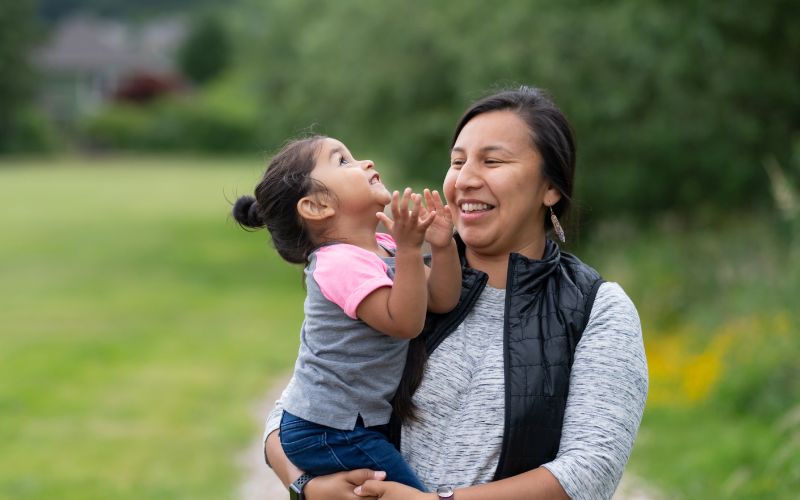
- Details
- By Kaili Berg
April is recognized as Minority Health Month, a time dedicated to raising awareness about the ongoing health disparities among racial and ethnic minorities, including American Indian and Alaska Native communities.
Designated by the U.S. Department of Health and Human Services (HHS) Office of Minority Health (OMH), National Minority Health Month brings attention to the challenges faced by minority communities in accessing quality healthcare and achieving optimal well-being.
This year's theme, "Be the Source for Better Health: Improving Health Outcomes Through Our Cultures, Communities, and Connections," highlights the importance of understanding how various factors, including social determinants of health (SDOH), influence the health of racial and ethnic minority groups and American Indian and Alaska Native populations.
Rooted in historical injustices, systemic inequalities, and socio-economic factors, the health disparities experienced by American Indians and Alaska Natives cause limited healthcare access and elevated rates of chronic diseases. According to the Indian Health Service (IHS), AI/IAN experience disproportionately high rates of chronic diseases such as diabetes and heart disease compared to non-Hispanic whites.
For instance, the prevalence of diabetes among AI/AN is approximately 2.8 times higher than that of non-Hispanic whites, while heart disease rates are about 50% higher among American Indian and Alaska Native populations.
More than one-third of deaths attributed to cardiovascular disease among Native Americans occur before the age of 65, according to the American Heart Association.
As well, Native Americans have the highest rates of suicide of any racial/ethnic group in the United States. The rates of suicide in this population have been increasing since 2003, according to the Centers for Disease Control and Prevention.
Access to healthcare poses a significant obstacle for many Native peoples, with factors such as geographic isolation, underfunded healthcare facilities, and workforce shortages all contributing to disparities in healthcare access and utilization.
Social determinants of health (SDOH), including poverty, limited healthcare access, educational disparities, and systemic racism, also play a substantial role in perpetuating these inequities.
In addition to systemic challenges, cultural factors also play a significant role in shaping the health outcomes of Native communities. Traditional healing practices, community support systems, and cultural beliefs contribute to holistic approaches to health and well-being.
However, these valuable cultural resources are often underutilized or overlooked in mainstream healthcare systems. Recognizing and integrating culturally competent care practices can help bridge the gap between traditional healing methods and Western medicine, fostering trust and improving health outcomes.
Throughout National Minority Health Month 2024, individuals and organizations are encouraged to explore the official website for a wealth of resources, including social media content, graphics, and guidance on fostering better health outcomes so that we can work toward a future where health and equity is a reality for American Indian and Alaska Natives.
More Stories Like This
USDA Expands Aid for Lost Farming Revenue Due to 2025 PoliciesTwo Feathers Native American Family Services Wins 2026 Irvine Leadership Award
Bill Would Give Federal Marshals Authority to Help Tribes Find Missing Children
Indian Health Service to Phase Out Mercury-Containing Dental Amalgam by 2027
End of Enhanced Obamacare Subsidies Puts Tribal Health Lifeline at Risk


